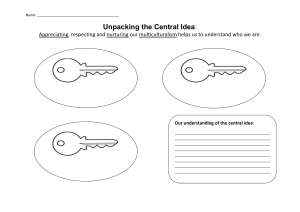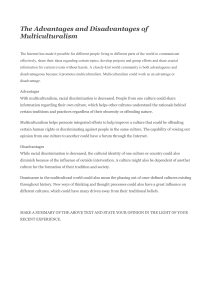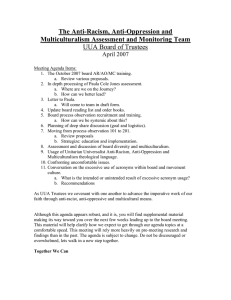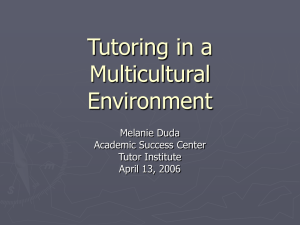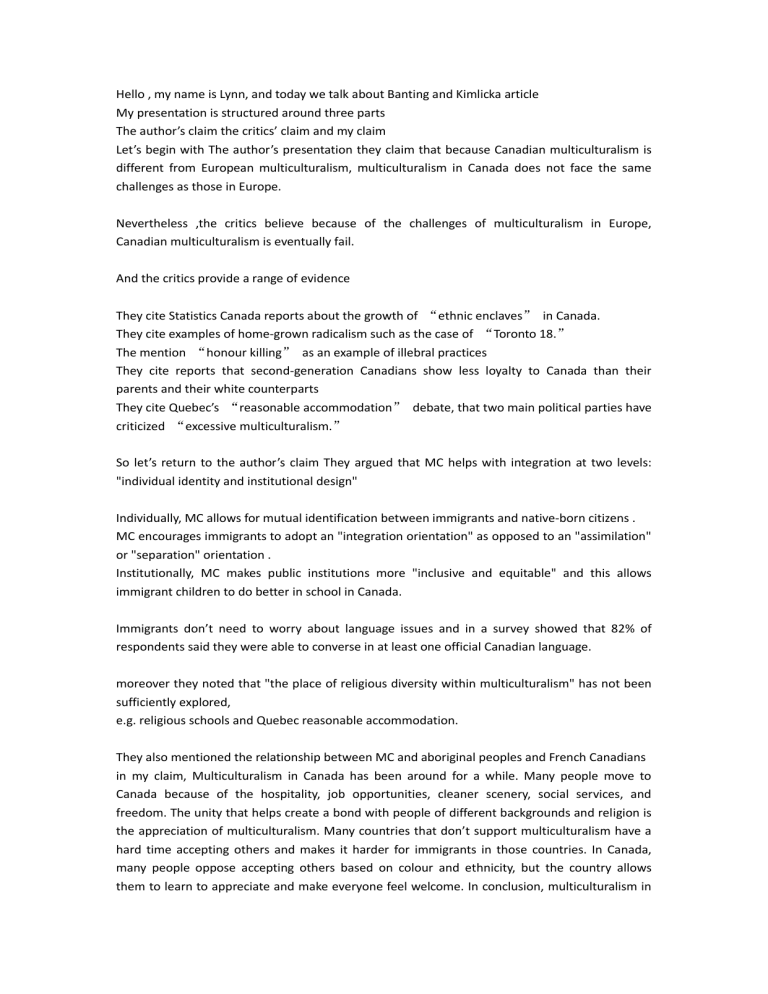
Hello , my name is Lynn, and today we talk about Banting and Kimlicka article My presentation is structured around three parts The author’s claim the critics’ claim and my claim Let’s begin with The author’s presentation they claim that because Canadian multiculturalism is different from European multiculturalism, multiculturalism in Canada does not face the same challenges as those in Europe. Nevertheless ,the critics believe because of the challenges of multiculturalism in Europe, Canadian multiculturalism is eventually fail. And the critics provide a range of evidence They cite Statistics Canada reports about the growth of “ethnic enclaves” in Canada. They cite examples of home-grown radicalism such as the case of “Toronto 18.” The mention “honour killing” as an example of illebral practices They cite reports that second-generation Canadians show less loyalty to Canada than their parents and their white counterparts They cite Quebec’s “reasonable accommodation” debate, that two main political parties have criticized “excessive multiculturalism.” So let’s return to the author’s claim They argued that MC helps with integration at two levels: "individual identity and institutional design" Individually, MC allows for mutual identification between immigrants and native-born citizens . MC encourages immigrants to adopt an "integration orientation" as opposed to an "assimilation" or "separation" orientation . Institutionally, MC makes public institutions more "inclusive and equitable" and this allows immigrant children to do better in school in Canada. Immigrants don’t need to worry about language issues and in a survey showed that 82% of respondents said they were able to converse in at least one official Canadian language. moreover they noted that "the place of religious diversity within multiculturalism" has not been sufficiently explored, e.g. religious schools and Quebec reasonable accommodation. They also mentioned the relationship between MC and aboriginal peoples and French Canadians in my claim, Multiculturalism in Canada has been around for a while. Many people move to Canada because of the hospitality, job opportunities, cleaner scenery, social services, and freedom. The unity that helps create a bond with people of different backgrounds and religion is the appreciation of multiculturalism. Many countries that don’t support multiculturalism have a hard time accepting others and makes it harder for immigrants in those countries. In Canada, many people oppose accepting others based on colour and ethnicity, but the country allows them to learn to appreciate and make everyone feel welcome. In conclusion, multiculturalism in Canada is a success.
